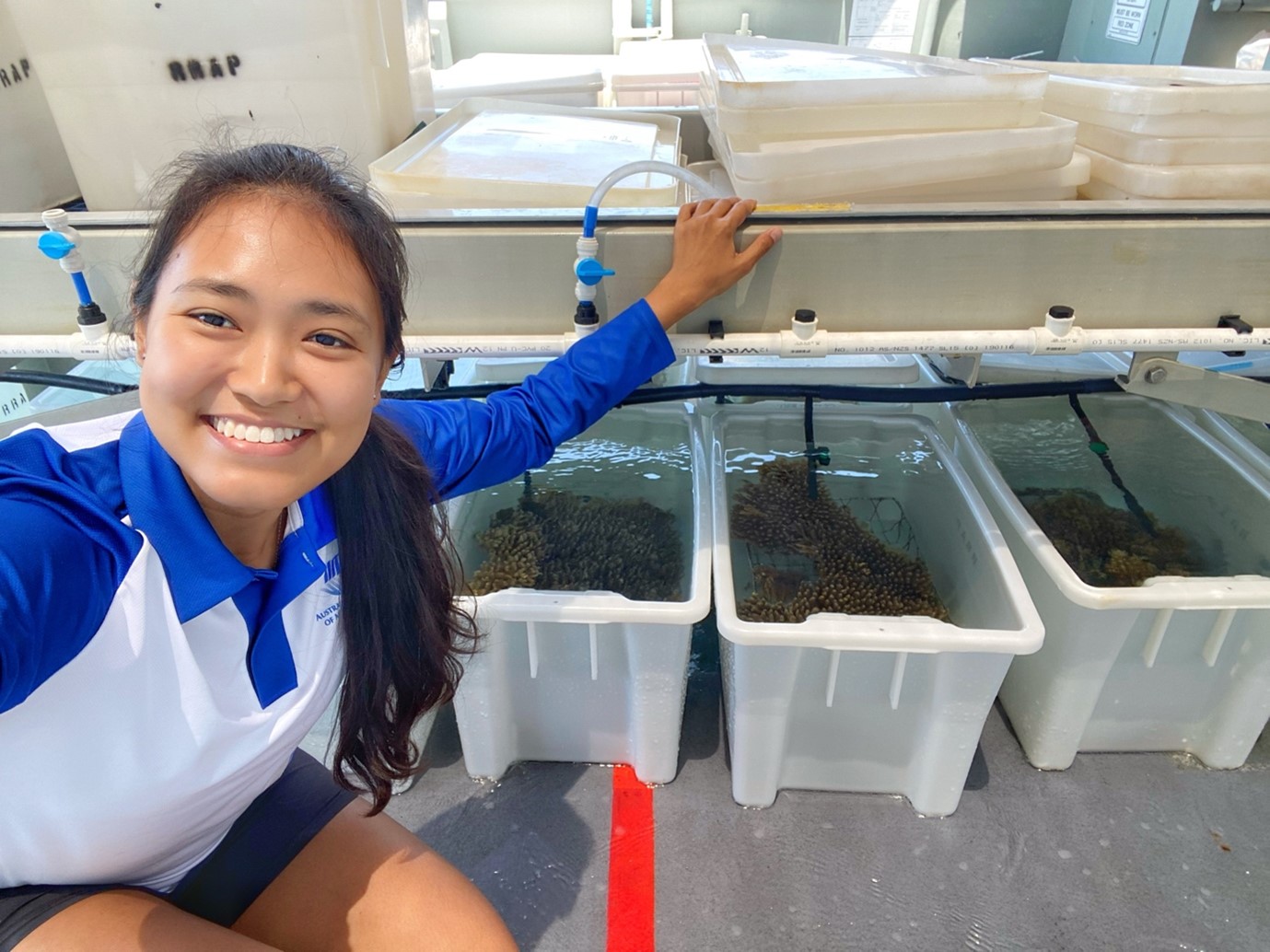Coral Restoration Research in Townsville
Crystle, from Singapore, is undertaking a PhD with JCU @JamesCookUniversity alongside the Australian Institute of Marine Science @australianmarinescience, researching coral restoration. Crystle is one of the 2024 Study Townsville Student Ambassadors and shares with us her experience so far as an international student studying in Townsville.
Pursuing marine biology in Australia has been a lifelong dream, and this year, that dream became a reality. Seven months ago, I arrived in Townsville from Singapore to study at James Cook University and the Australian Institute of Marine Science (AIMS)—two institutions renowned worldwide for their contributions to marine biology research. Nestled along the coastline and just a short distance from the Great Barrier Reef, Townsville is undoubtedly one of the most ideal locations for marine biologists. It offers unparalleled opportunities to learn and work alongside experts in the field.
Since arriving, my time here has been filled with incredible adventures. Highlights include exploring the immense shipwreck of the SS Yongala, freediving among the captivating underwater sculptures at the Museum of Underwater Art, swimming through the mangroves surrounding the Orpheus Island Research Station and conducting fieldwork at Davies and Esk Reefs.
I am incredibly fortunate to have been awarded the AIMS@JCU Postgraduate Scholarship, which supports my PhD research on innovative coral restoration methods in remote locations. The project I am working on is called ReefSeed, which involves the development of a portable, containerised aquaculture system capable of producing millions of coral larvae for large-scale restoration efforts. This technology has the potential to dramatically increase the spatial reach of coral restoration compared to traditional methods.
Last month, I witnessed my first coral spawning event within AIMS’s aquaculture facilities — a natural phenomenon that typically occurs once a year when corals synchronously release their eggs and sperm to create the next generation of coral populations. During this period, we successfully trialled the ReefSeed unit for the first time in preparation for its launch in the Maldives next year. This work involved assembling customised aquaculture equipment, carefully inspecting coral polyps under dim red light for signs of eggs, monitoring the survival of delicate coral larvae through their developmental stages, and inducing their settlement onto specialised tiles for eventual deployment on reefs.
The cutting-edge facilities at AIMS and its globally recognised research programs have attracted scientists from all corners of the world. Each researcher I’ve met has brought an incredible depth of knowledge, making me feel as though I could never learn fast enough to keep up. However, as C.S. Lewis once said, “The next best thing to being wise oneself is to live in a circle of those who are.” This sentiment deeply resonates with me as I find myself constantly surrounded by brilliant and kind individuals who generously share their knowledge and expertise.
Though my time here has been relatively short, and the journey to be here today has required many sacrifices, I am confident that coming to Townsville to pursue my PhD has been one of the best decisions I’ve made for my career.
November 2024
Photo Credit: Crystle Wee




